Training
Linguistic Justice in Family Therapy
Students of our program come from various linguistic representations including Vietnamese, Arabic, Farsi, French, Italian, Hebrew, Ebonics, Spanglish, Spanish, Tagalog, and Hindi. The MFT program seeks to advocate for justice in language rights through the development of scholarly, pedagogical, and clinical experiences parallel and within the MFT curriculum in standard English.
Spanglish Family Therapy
Since 2018, the MFT program has been offering an opportunity for Spanglish-speaking students to participate in a specialized training that prepares them with the theoretical, cultural, and linguistic skills and knowledge to conduct therapy in Spanish/Spanglish. Students who complete all requirements are awarded a Certificate of Completion by the Department of Counseling and School Psychology.
Spanglish is understood as the linguistic representation of the encounter between the two imperial languages, Spanish and English, hence Latin America and the United States (U.S.), in current U.S. territory. It includes the linguistic representations of native and heritage speakers of Pocho, Rancho, Chicanx, Tex Mex, Spanish, Castellano, Ingleñol, and any other borderland languages.
Students will be required to complete a brief oral and written initial application to determine their linguistic proficiency. For information, please contact marcela polanco at [email protected]
Students accepted to commence the training certificate will participate in coursework and clinical delivery in Spanish/Spanglish. They must successfully complete 15 units of coursework. Additionally, students will be required to prepare and submit a final project that demonstrates their cultural and linguistic proficiency gained throughout the certificate. This project will be submitted during the Spring semester of their second year in the program. Student will have the opportunity to feature their projects in the program’s sponsored annual event, Spanglish Sentipensantes, which is open to the public.
When there are sufficient numbers of Spanish/Spanglish speaking students in the cohort to enable the class experience to be delivered in Spanish/Spanglish, the following courses should be available for Spanish/Spanglish tutelage:
|
CSP 600 L (1)* |
Cross-Cultural Counseling Prepracticum (summer) |
|
CSP 730 (2) |
Spanglish and Decoloniality of Language (fall) |
|
CSP 755 (3)* |
Practicum I: Marriage and Family Therapy (fall) |
|
CSP 765 (3)* |
Practicum II: Marriage and Family Therapy (spring) |
|
CSP 785 (3)* |
Marriage and Family Therapy Traineeship (fall) |
|
CSP 785 (3)* |
Marriage and Family Therapy Traineeship (spring) |
*These courses count toward the MFT curriculum for degree completion
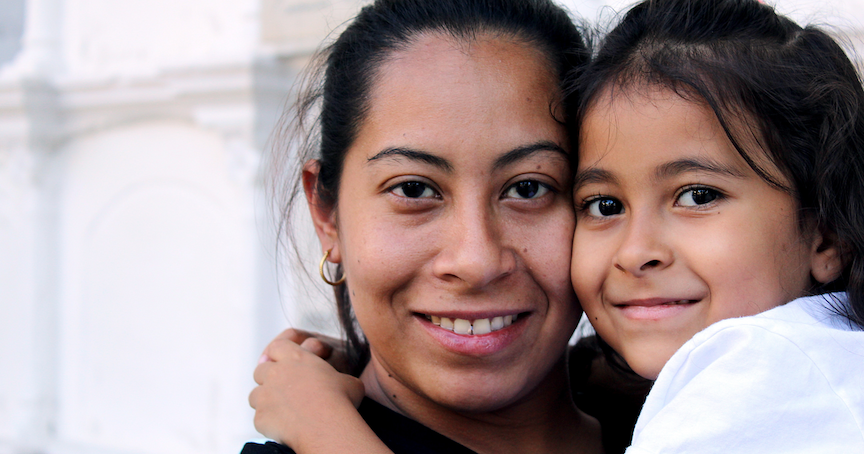
“Si la resistencia la pensás como oposición, es un caso. Pero si la pensás como tejido,
es otro. Y se teje con lo que hay. Y hay malo y hay bueno... Eso es así. Pero también
es así que en algún lado debe estar escondido nuestro yo comunal, aquello que nos
hace sentir parte de algo inmenso. Si pudiéramos hacer florecer eso, todo sería distinto.
Y eso no florece con palabras, quizá. Eso hay que hacerlo juntas...Hay ciertas cosas
que tenemos que vivir sin palabras. Y una de esas cosas es pensar en el cuerpo y en
la sexualidad sin palabras, porque eso sería definirlo con una identidad: lesbiana,
queer, mujer, trans. Nuestro rol como pensadoras es estar hoy a lado de la gente.
En silencio. Tenemos que reemplazar la rigidez de la Modernidad con el cuerpo a cuerpo,
el mano a mano, tejiendo juntas el yo comunal. Tenemos que aceptar que nosotras, hoy,
no tenemos una lengua que nos exprese. Toleremos esta transición sin cerrar nada.
Abramos."
- Maria Lugones (2019), Argentinian, Jota Philosopher (Taken from an interview with
Claudia Acuña in Lavaca)"
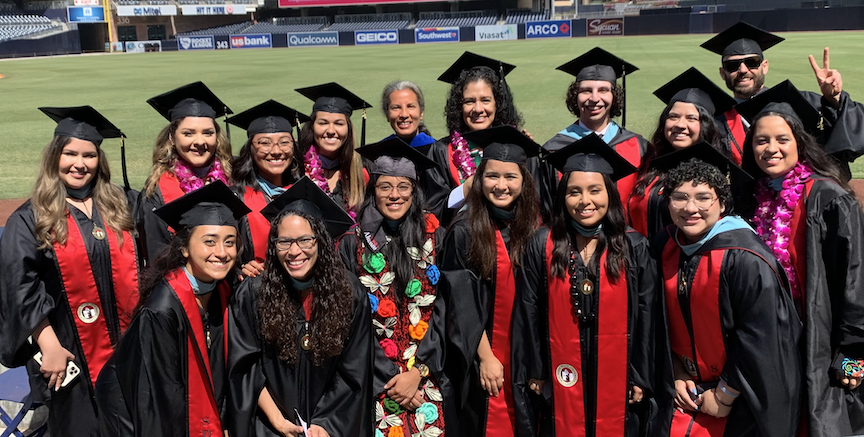
UPCOMING eVENTS
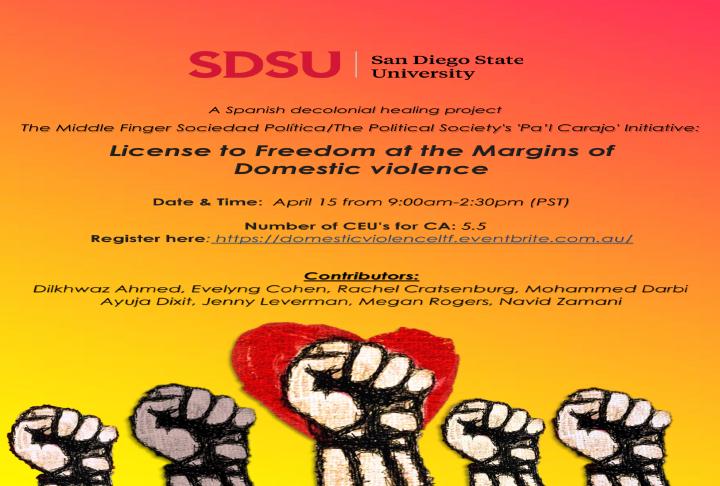
License to Freedom at the Margins of Domestic Violence
A Spanish decolonial healing project. The Middle Finger Sociedad Política/The Political Society's 'Pa’l Carajo' Initiative: License to Freedom at the Margins of Domestic Violence.
Date & Time: April 15 from 9:00am-2:30pm (PST)
Number of CEU's for CA: 5.5
Contributors:
Dilkhwaz Ahmed, Evelyng Cohen, Rachel Cratsenburg, Mohammed Darbi, Ayuja Dixit, Jenny
Leverman, Megan Rogers, Navid Zamani.
pAST eVENTS
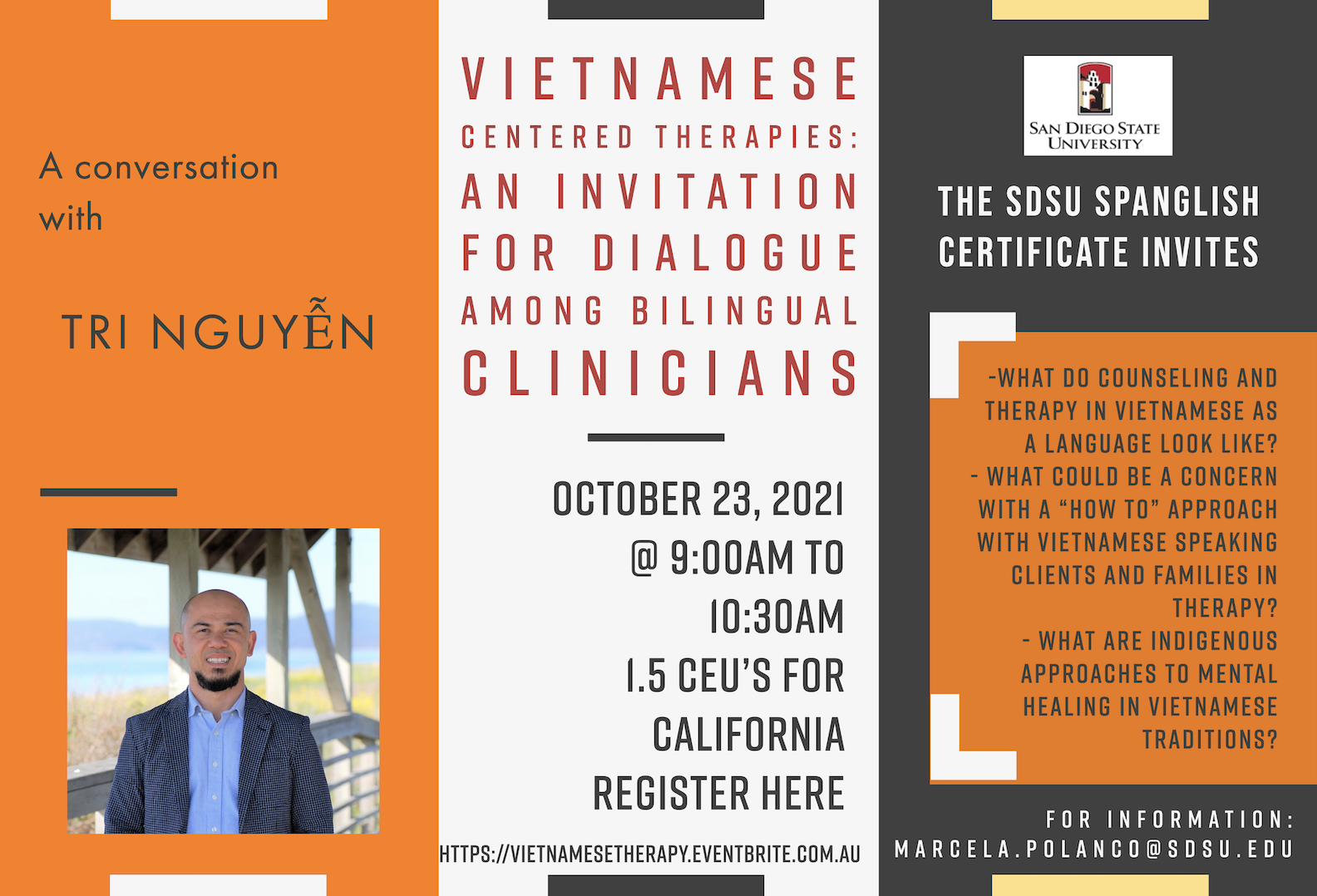
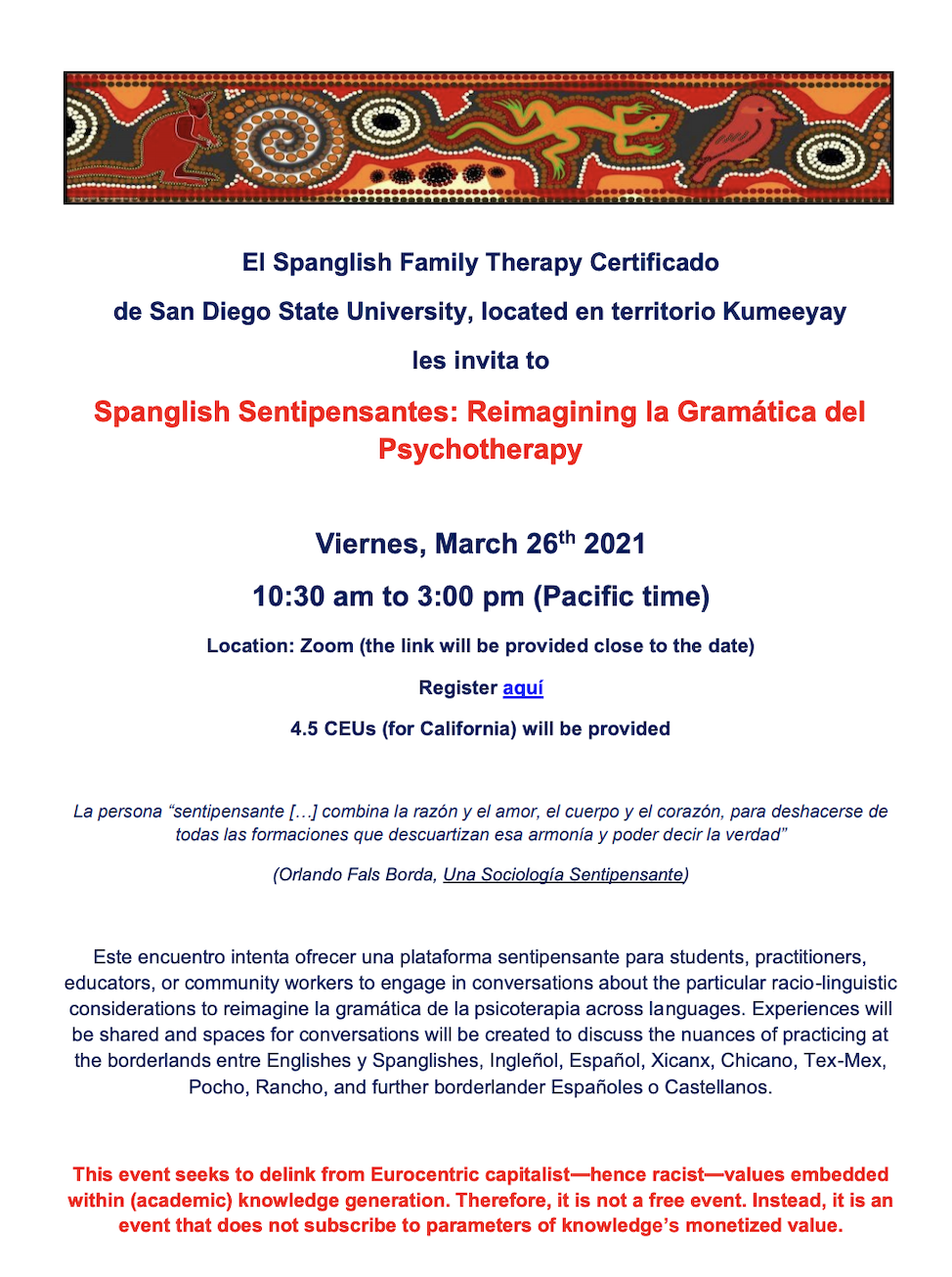
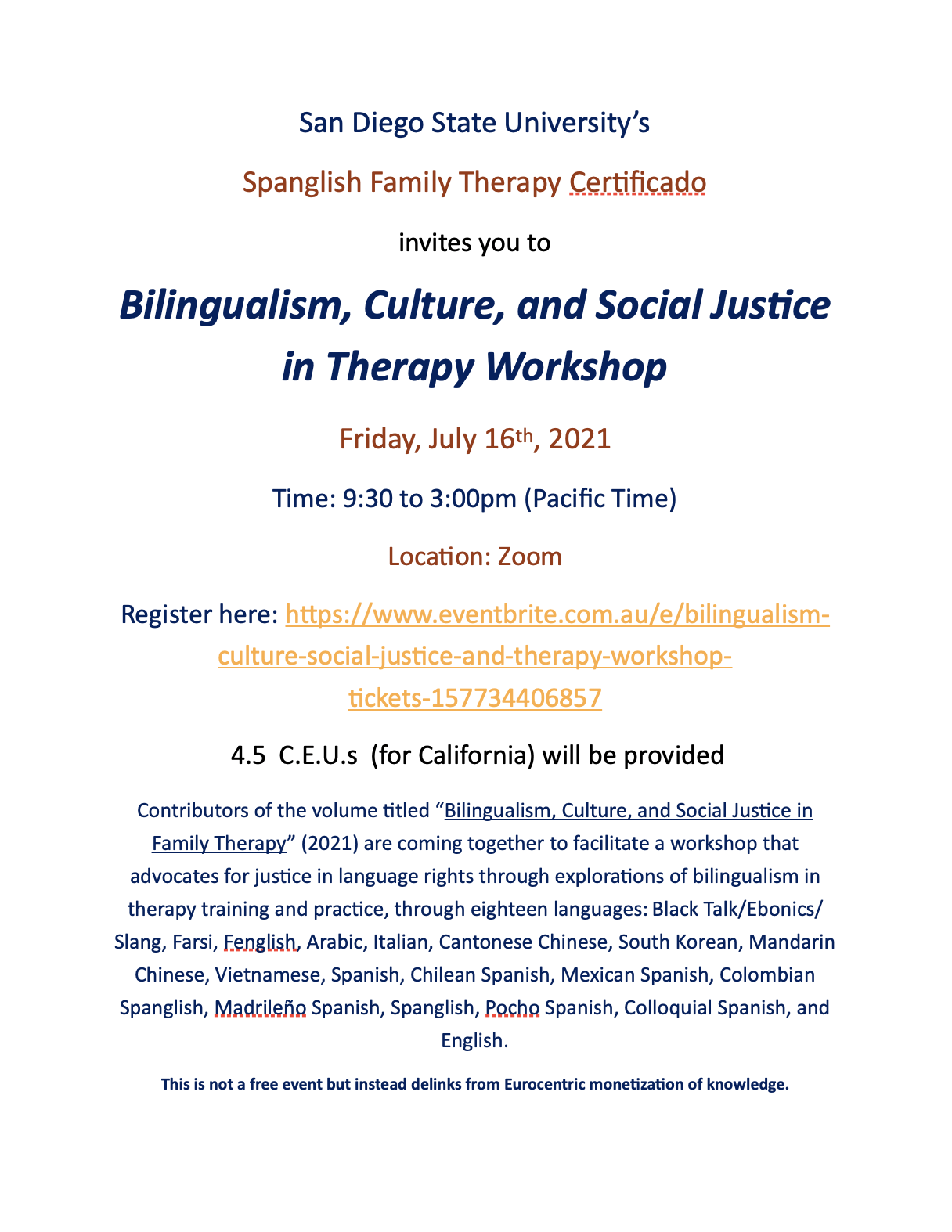
Hear from our training supervisors
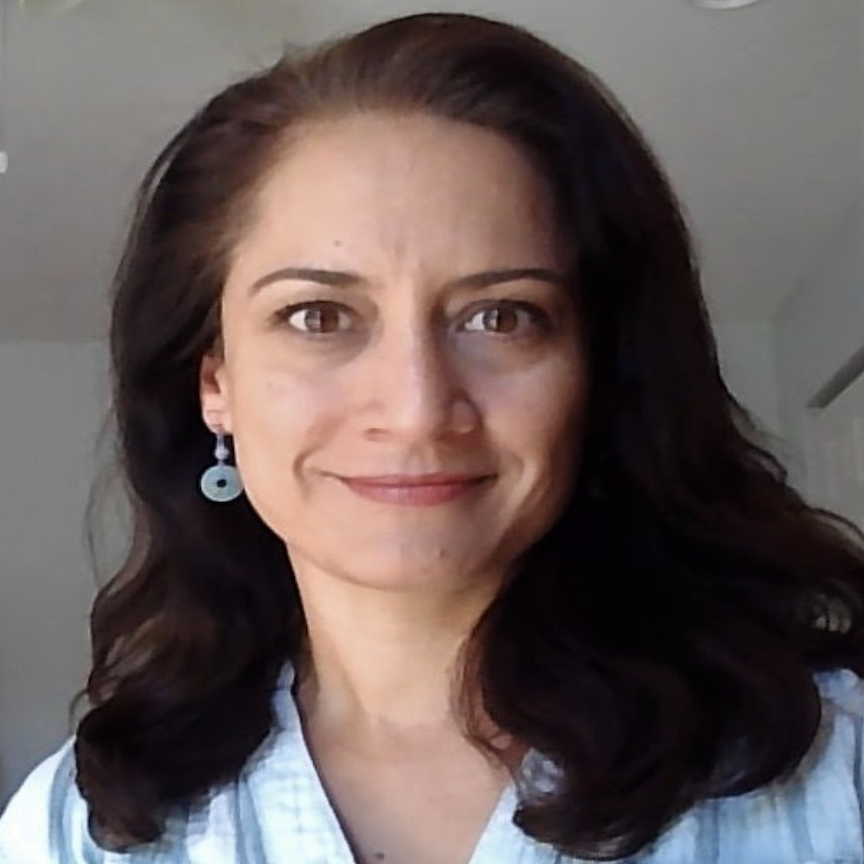
Mayumi Y. Douglass
Just as therapists are committed to effectively respond to the impact of their own values and beliefs on the therapeutic space, clinical supervisors are responsible for attending and responding to the multidimensional cultural identity of their supervisees. To me, providing culturally responsive supervision means: 1) paying attention to my values and beliefs regarding my role as a supervisor and how my cultural background influences the supervision relationship, 2) being curious about the cultural background of the supervisees and avoid making assumptions based on a single cultural aspect such as race, gender, etc. 3) maintaining a trauma-informed approach to supervision in which I attempt to understand the unique experiences of each supervisee and to adjust my supervision style to promote a development of their clinical skills, to strengthen their identity as mental health therapists, and to promote practicing self-care as often as needed.
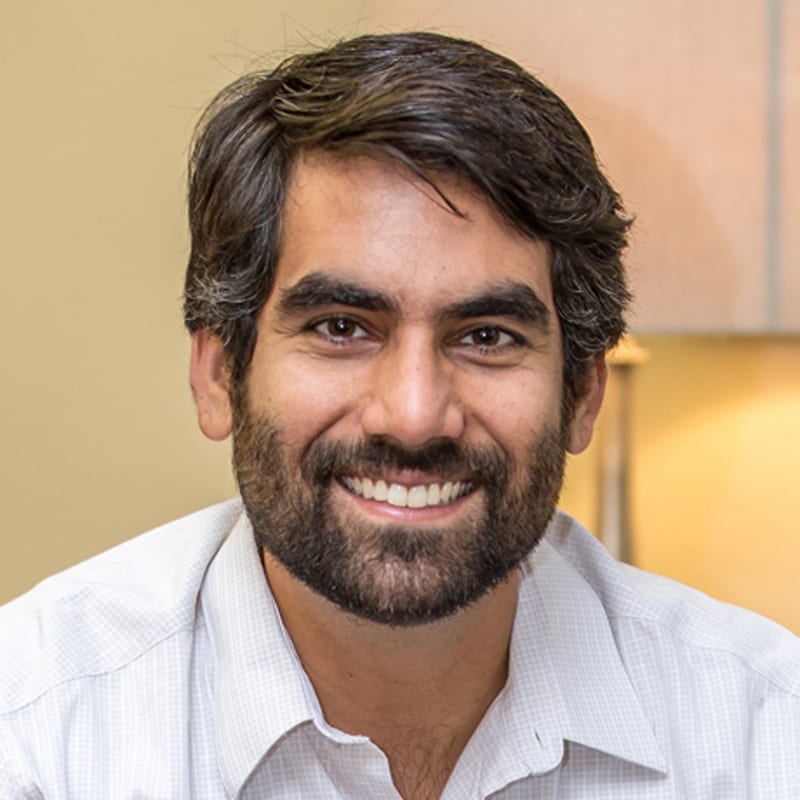
Navid Zamani
I am honored to be a part of the License to Freedom counseling team where I support with supervision for Marriage and Family Therapists. In this capacity, I am interested in supporting a learning/training process that centers ethics, accountability, and theoretical intentionality in our work. While I practice from a Narrative theory perspective, I am necessarily cautious of "fidelity" to the practices that originate within the English language due to the multi-linguistic context of our work, particularly considering the histories of colonialism at the hands of English-speaking countries. I operate from a decolonial post-structural feminism, and am interested in training therapists who are intentional and political in their work.
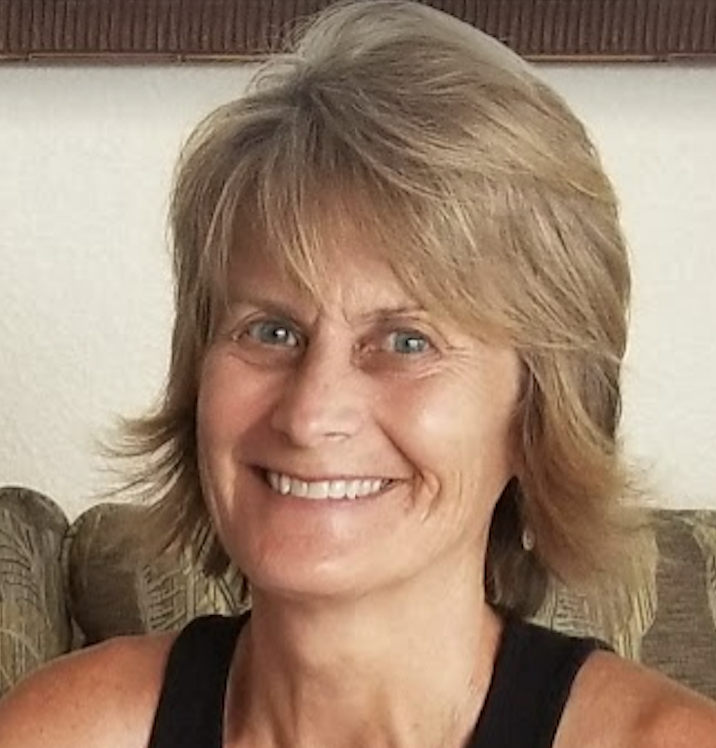
Liane Fry
To provide culturally responsive supervision to my supervisees, the first goal of supervision is to establish a trusting and safe relationship with each supervisee. In general, that is created with the supervisor demonstrating positive rapport, being genuinely interested in each supervisee and their success as well as acting with integrity to develop a strong working alliance. As a supervisor, I must demonstrate cultural sensitivity as diversity factors of ethnicity, gender, sexual orientation, religion and others are welcomed and encouraged in the supervision space. Initial group supervision sessions start with group members revealing their personal stories to bring out diversity factors and cultivate an atmosphere of respect, exploration, and increased understanding. Further awareness exercises are sometime initiated as well as assigned readings and guest speakers intended to enlarge restrictive perspectives. The goal is to create a culturally responsive atmosphere that isomorphically affects the client and their families in a similar fashion.
Hear from our training FACULTY
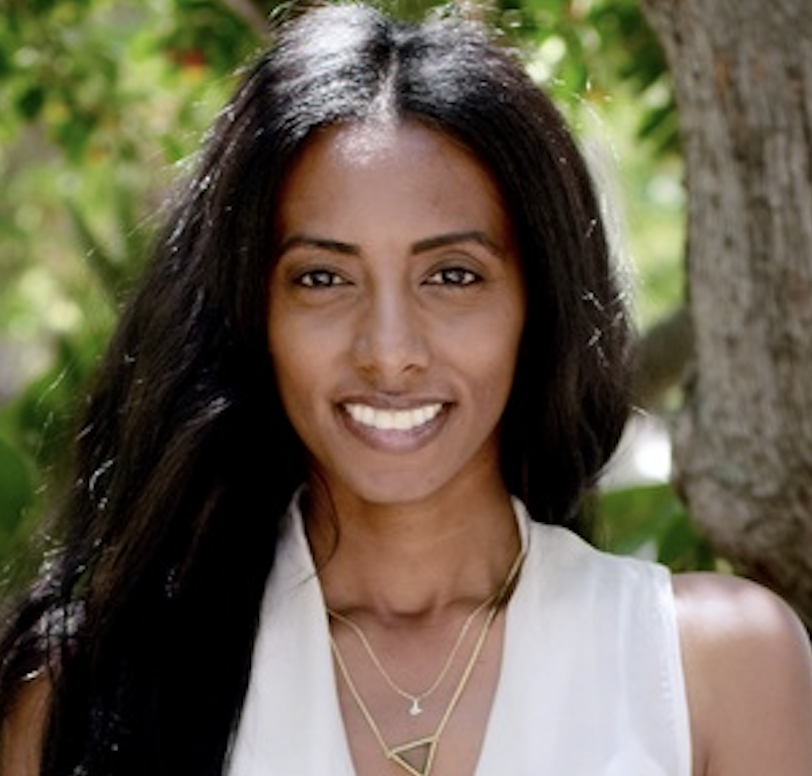 Sesen Negash
Sesen Negash
I'm a bilingual first-generation Eritrean-American cisgender woman. The intersection of my identities color my world and inform how I choose to engage my role as a clinician, supervisor, instructor, and researcher. What I appreciate most about the MFT program at SDSU is that the students and faculty express values, beliefs, and experiences that enrich the clinical learning and training environment. We lean into each other's cultural differences with a healthy curiosity and genuine compassion. Additionally, our MFT students and faculty share unwavering support of our diverse communities and aim to contribute to the mental wellness of those communities using culturally responsive clinical perspectives and practices.
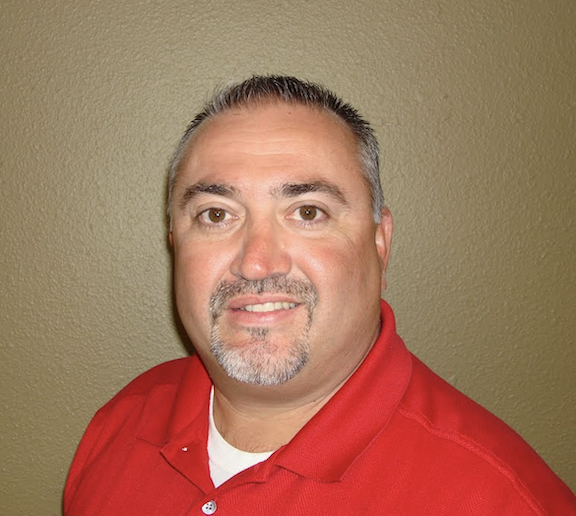 Diego Rogers
Diego Rogers
I am a bilingual first-generation Peruvian-American and fifth-generation Irish-American cisgender, heterosexual male born and raised in the South Bronx. These identities, along with other variables such as geographical, socio-economic, cultural, educational and occupational migrations, as well as direct and indirect experiences with mental health and substance use conditions deeply influence me as a psychologist and educator. I believe the SDSU MFT program embodies and celebrates cultural diversity by practicing cultural humility and approaching differences with curiosity, compassion and care for each other, and for the persons and communities we serve.
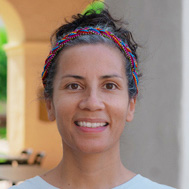 marcela polanco
marcela polanco
Within the colonial system of categorization, my body is racially ranked as a Colombiana mestiza, immigrant, brown cis woman, middle class, heterosexual, able bodied with no religious affiliations. My ancestry is South-European by colonization; as well as Muisca, Pijao and Africana. Hablo two imperial languages, Español-Colombiano and 20 years-old U.S. Immigrant-English; also Spanglish. My urban life and work exists in, and benefits from unceded Kumeyaay land. As an educator, I participate in capitalist hence sexist, classist, and racist markets of Eurocentric professional knowledge and patriarchal science, in standard English. My colonial configuration influences my role in the MFT program, seeking to work with people that come to study with us to create a communal from where we expose coloniality together toward the re-existence of otherwise knowledges, healing, being, and the imaginary.
 Navid Zamani
Navid Zamani
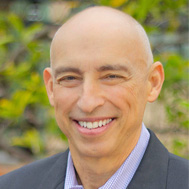 Gerald Monk
Gerald Monk